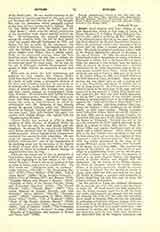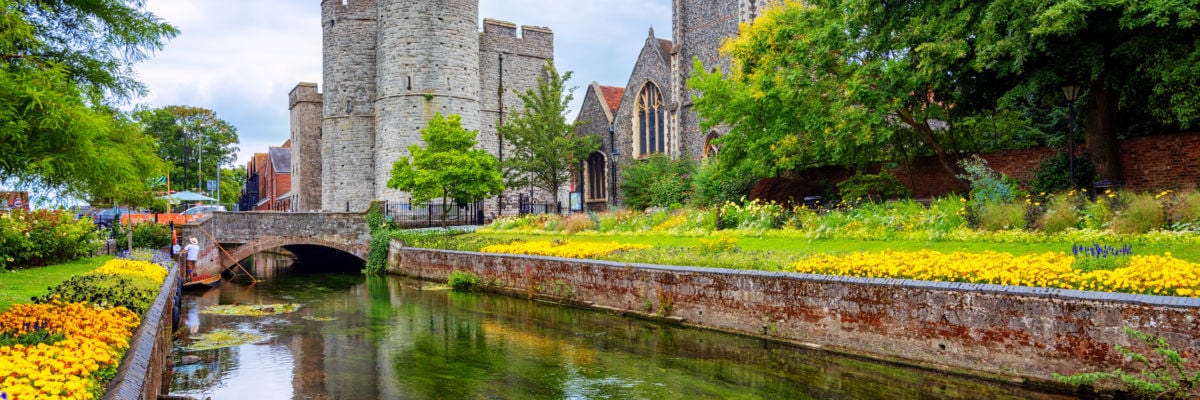

Buxton, CHRISTOPHER, VENERABLE, priest and martyr, b. in Derbyshire; d. at Canterbury, October 1, 1588. He was a scholar of Ven. Nicholas Garlick at the Grammar-School, Tideswell, in the Peak District, studied for the priesthood at Reims and Rome, and was ordained in 1586: He left Rome the next year and soon after his arrival in England was apprehended and condemned to death for his priesthood. He suffered at Oaten Hill, Canterbury, together with Venerables Robert Wilcox and Edward Campion. Being so young, it was thought that his constancy might be shaken by the sight of the barbarous butchery of his companions, and his life was offered him if he would conform to the new religion, but he courageously answered that he would not purchase a corruptible life at such a price and that if he had a hundred lives he would willingly surrender them all in defense of his faith. While in the Marshalsea Prison he wrote a “Rituale”, the MS. of which is now preserved as a relic at Olney, Bucks. He sent this MS. to a priest, as a last token of his friendship, the day before he was taken from the prison to suffer martyrdom.
BEDE CAMM


